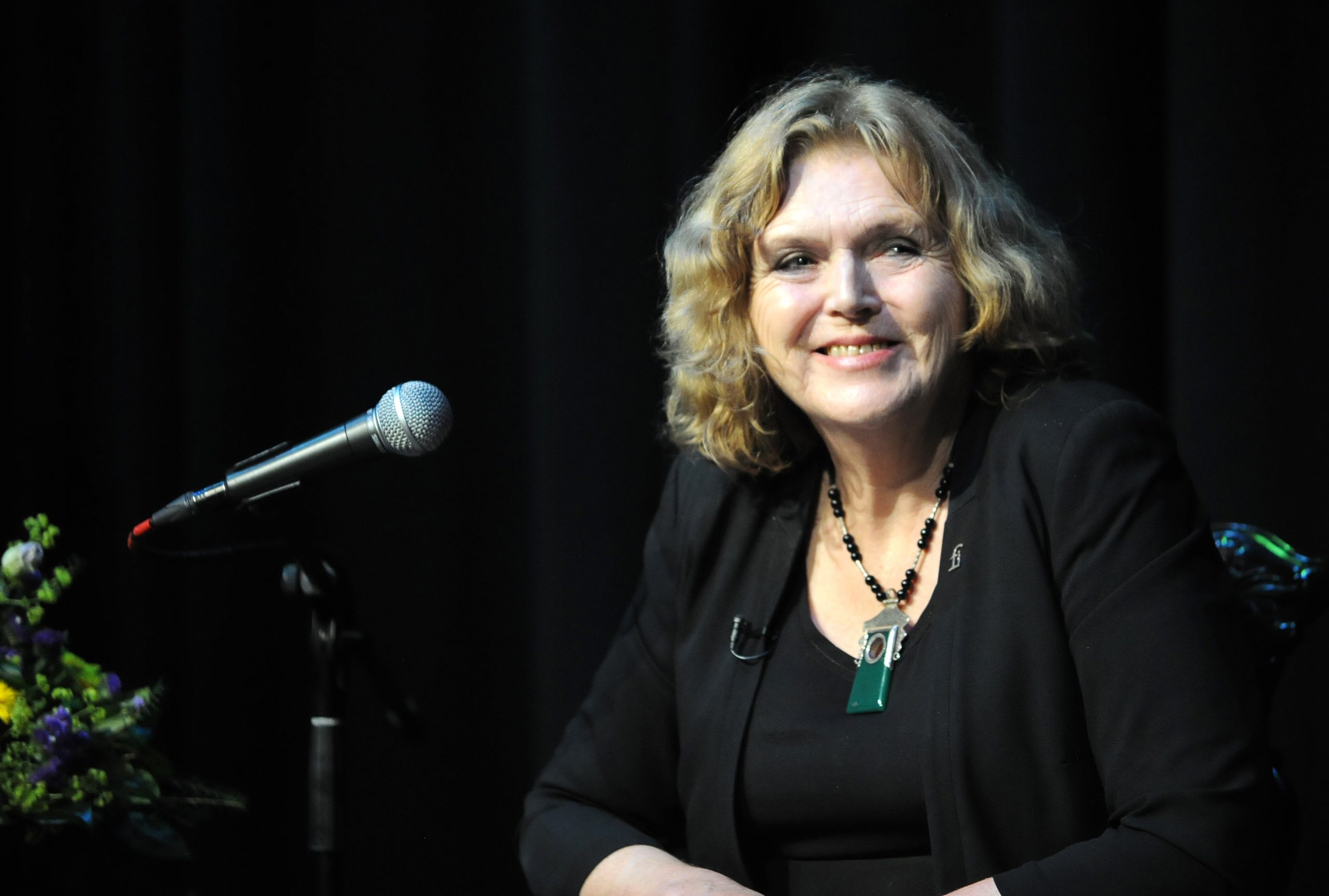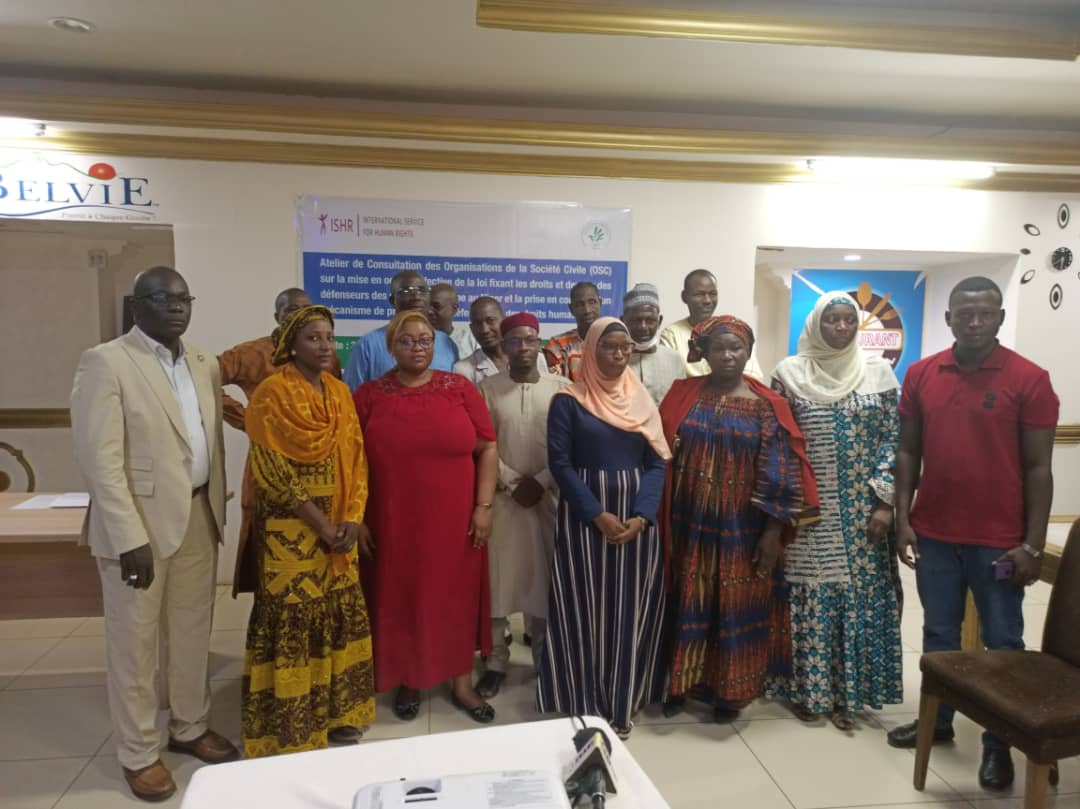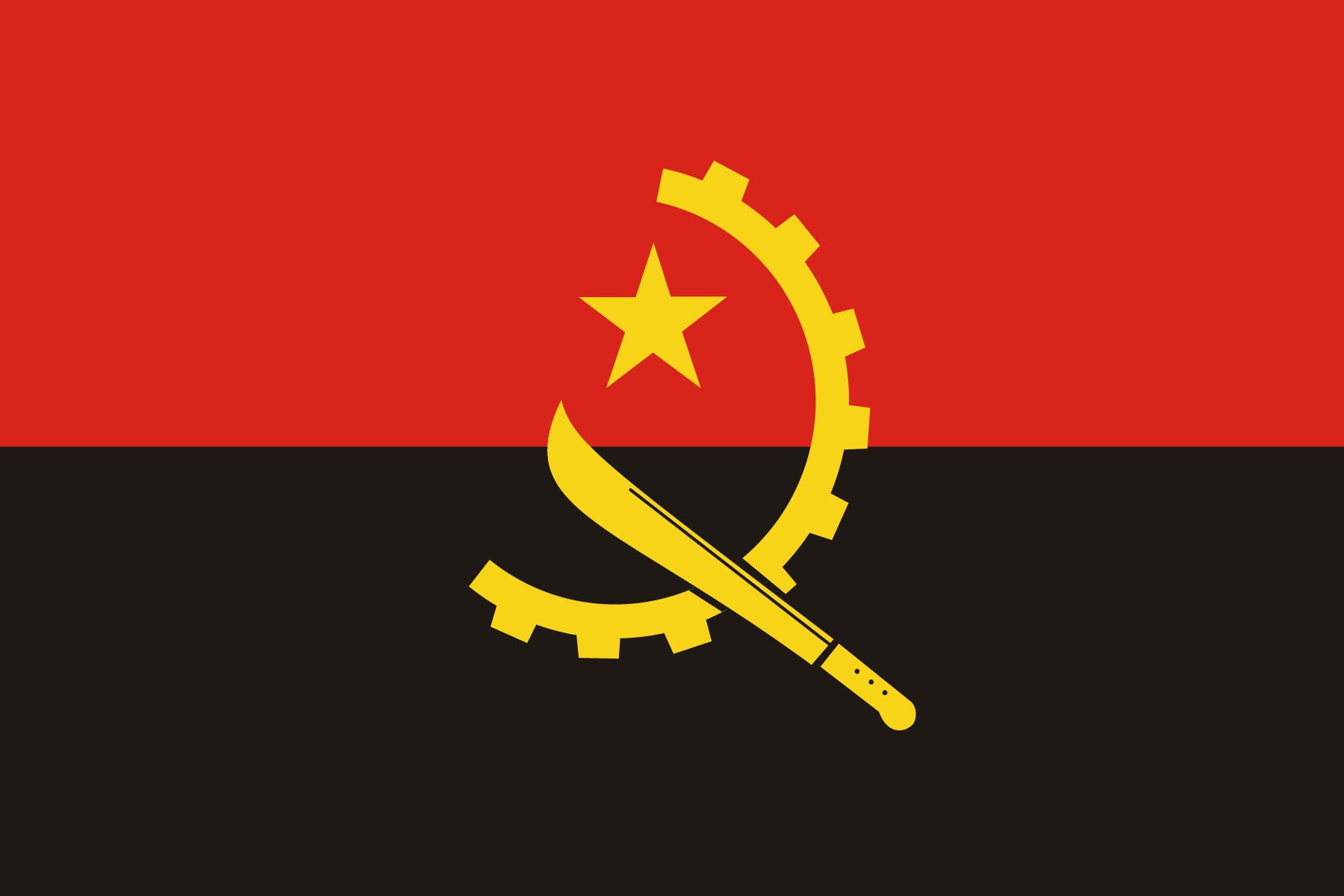The Special Rapporteur’s report outlines how she intends to approach and develop the subject of her mandate in the coming years. Her priorities include: those defenders most exposed to killings and other violent attacks, with attention paid to the most marginalised and vulnerable, among them women defenders, those defending the rights of LGBTI persons, defenders who are children, defenders with disabilities, defenders working on the rights of migrants, the climate crisis, defenders working in isolated and remote areas, defenders serving long terms in prison, reprisals against defenders who cooperate with the UN, the issue of impunity for those who attack defenders, the role of businesses and financial institutions in both harming and protecting the work of defenders, and strengthening follow-up to individual cases brought to her attention.
As the Third Committee continues to grapple with the difficulties of moving its work online, the dialogue was plagued by a number of IT issues, including not being webcast for the first 35 minutes, and several statements remained muted in the archived video made available later.
A large number of States took the floor to welcome the Special Rapporteur’s report and echo her concerns and priorities. Many of the States that spoke touched on the need to address the worrying deterioration of civic space brought on by the COVID 19 pandemic. The UK delivered a joint statement on reprisals on behalf of 75 States, following up on its initiative last year when it delivered the first ever such statement.
The US raised a number of individual cases and country situations: Nasrin Sotoudeh in Iran; China’s systematic persecution and imprisonment of human rights defenders, including those from Xinjiang, Tibet, and Hong Kong, naming Ilham Tohti and Joshua Wong in particular; in Zimbabwe, opposition leader Job Sikhala, parliamentarian Joana Mamombe and activists Cecilia Chimbiri and Netsai Marova. China used its time to question the notion of a human rights defender arguing there is no accepted definition of the term and that defenders are not ‘above the law’. China also accused the US of suppressing civil society during the pandemic.
In her concluding remarks, the Special Rapporteur touched on the need for the UN’s human rights work to be properly funded and for States to cooperate fully with Special Procedures through standing invitations and positive responses to requests for visits. She emphasised her desire to cooperate with States, to have an open dialogue, and cited recent talks with Bahrain, Burundi and Iran in that regard. She indicated she hoped these talks would result in releases of defenders soon. The Special Rapporteur also emphasised that her approach would include specifically highlighting positive changes in each of her reports.
Contact: Madeleine Sinclair [email protected]
Photo: Frontline Defenders




